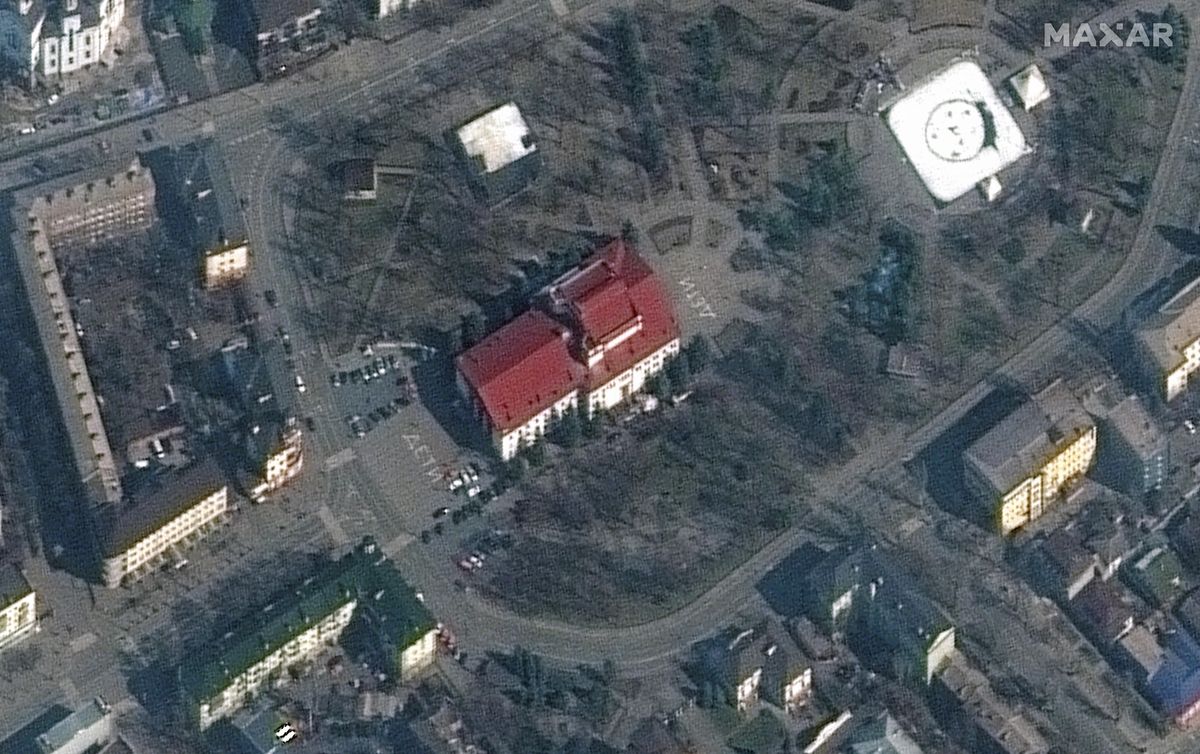Another tragedy strikes Mariupol
A week after attacking a hospital in Mariupol, Russian forces on Wednesday reportedly targeted civilians again in the southeastern Ukrainian city by bombing a theater where up to 1,200 people were sheltering. The number of casualties is unknown, and the Kremlin denies any responsibility. Meanwhile, Mariupol remains encircled by Russians, which means the city’s 300,000 residents have nowhere to run. They are struggling with little access to electricity, food, or water — some are even melting snow to survive. Just a day after 20,000 city residents managed to flee through a humanitarian corridor, civilians are now stuck in the port city and risk becoming targets. The fact that the mighty Russian army is resorting to such brutal actions to conquer a mid-sized city suggests that the military campaign is not going to plan for Vladimir Putin.
Why won’t the Saudis help lower oil prices?
Oil prices are soaring. Since crude oil is used to produce gasoline, that means drivers are paying more at the pump. Americans may soon be paying $5 or more a gallon for gasoline. This will likely fuel Republican votes in November’s midterms as conservatives blame Democrats for the high prices. Why the sticker shock? Because the US has banned Russian oil imports and needs to fill the void. Britain has similar plans to phase out Russian oil. So the West is looking to Saudi Arabia for help. The kingdom leads OPEC and has responded to previous market shocks by increasing the oil supply to bring down gas prices. Trouble is, Saudi Crown Prince Mohammed bin Salman has been treated by the West like persona non grata over the killing of journalist Jamal Khashoggi. What’s more, the kingdom’s human rights record was further smirched by the recent execution of 81 men, making it even trickier for the West to extend an olive branch. Still, British PM Boris Johnson had a go: he visited MBS on Wednesday in a bid to woo Riyadh, but no major breakthroughs were announced. What can Biden do? “The Saudis understand their leverage … and would likely require a face-to-face meeting between the Saudi crown prince and Biden and a wider conversation about the bilateral relationship before considering oil policy changes,” says Eurasia Group expert Sofia Meranto. “But such a step would expose Biden to domestic criticism and appears unlikely unless oil prices increase more dramatically.”
Read Meranto’s views on why Saudi Arabia is reluctant to help here.








